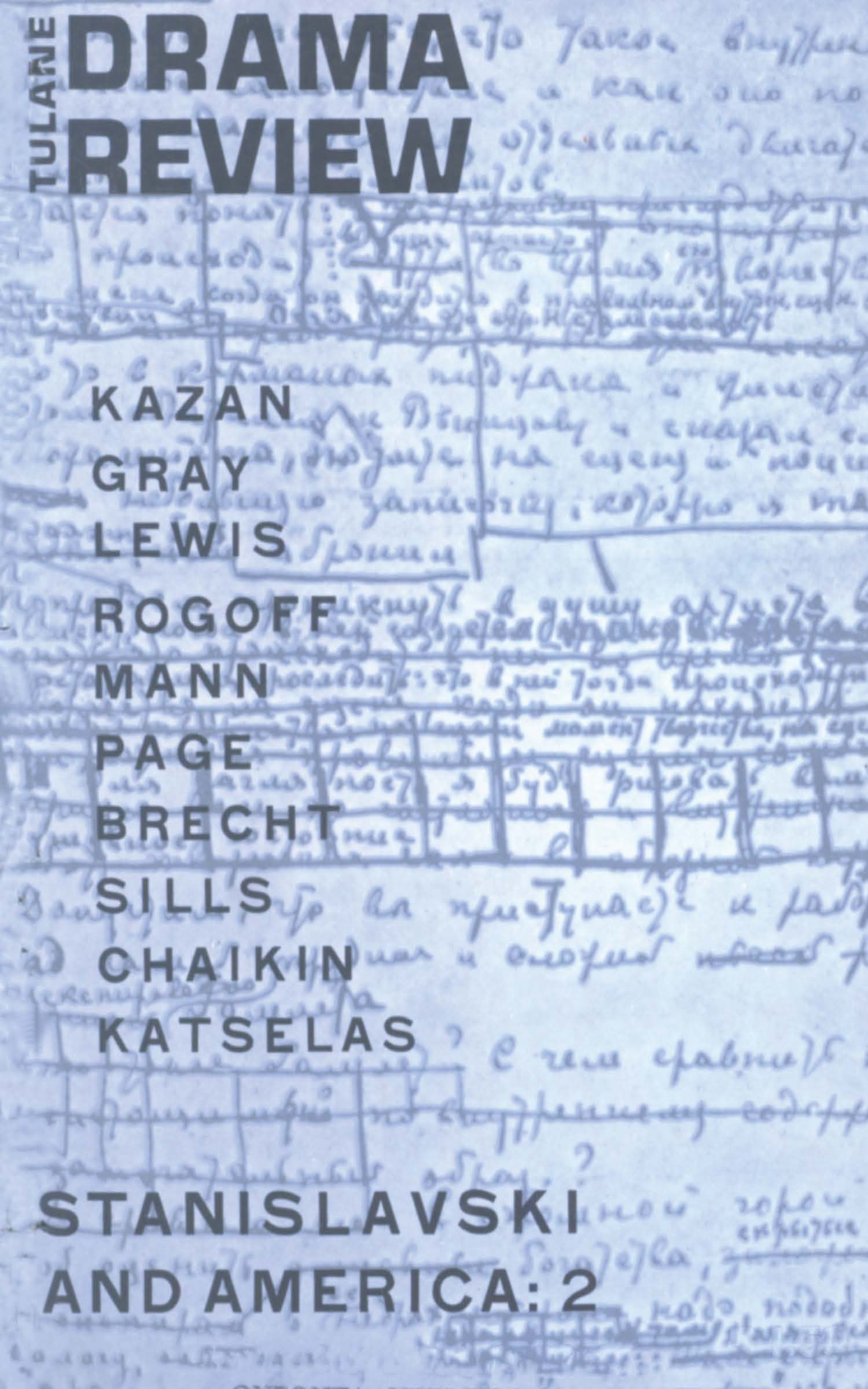Article contents
The Bacchae: A City Sacrificed to a Jealous God
Published online by Cambridge University Press: 23 November 2021
Extract
At the heart of Euripides’ masterpiece, The Bacchae, is a communal sacrifice. The city of Thebes is sacrificed to Dionysus to satisfy his capricious ego. In supporting this thesis I will contest several widely held theories about the play: (1) that Dionysus represents Fate or any of its equivalents; (2) that the god is a life force or some other pantheistic “god of ecstacy in religion”; or (3) that the play gathers its primary force from the encounter between Dionysus and Pentheus.
My reading of The Bacchae is an internal one: I want to see what the play will yield on only its own terms. I realize, of course, that political and social ideas both press in on the play and, if we seek them, emanate from it. These ideas are, I believe, extra-dramatic: they radiate from the script, enriching it and partially explaining its genesis, but they are not present as a dramatic immediacy.
- Type
- Research Article
- Information
- Copyright
- Copyright © The Tulane Drama Review 1961
- 2
- Cited by




